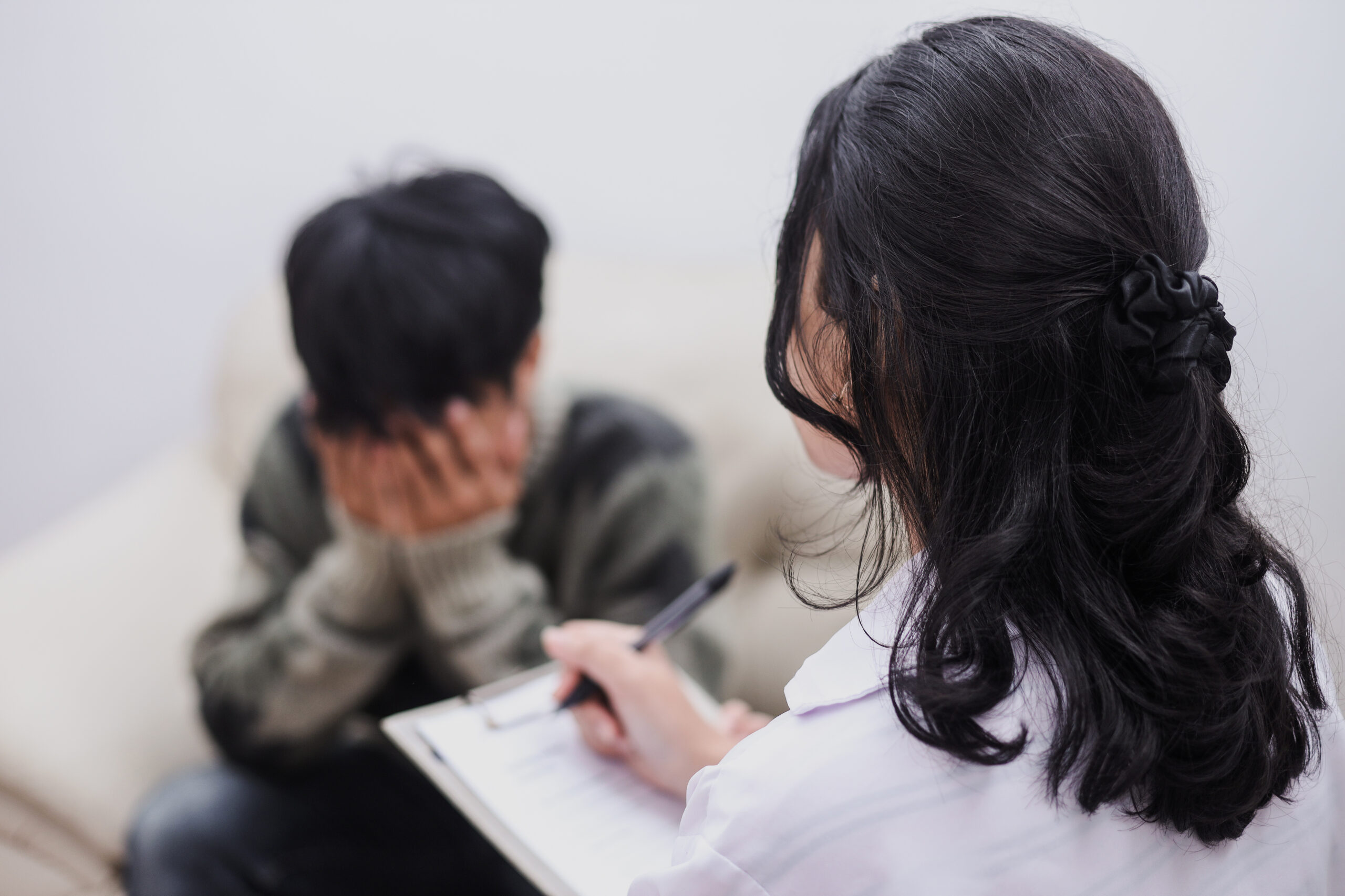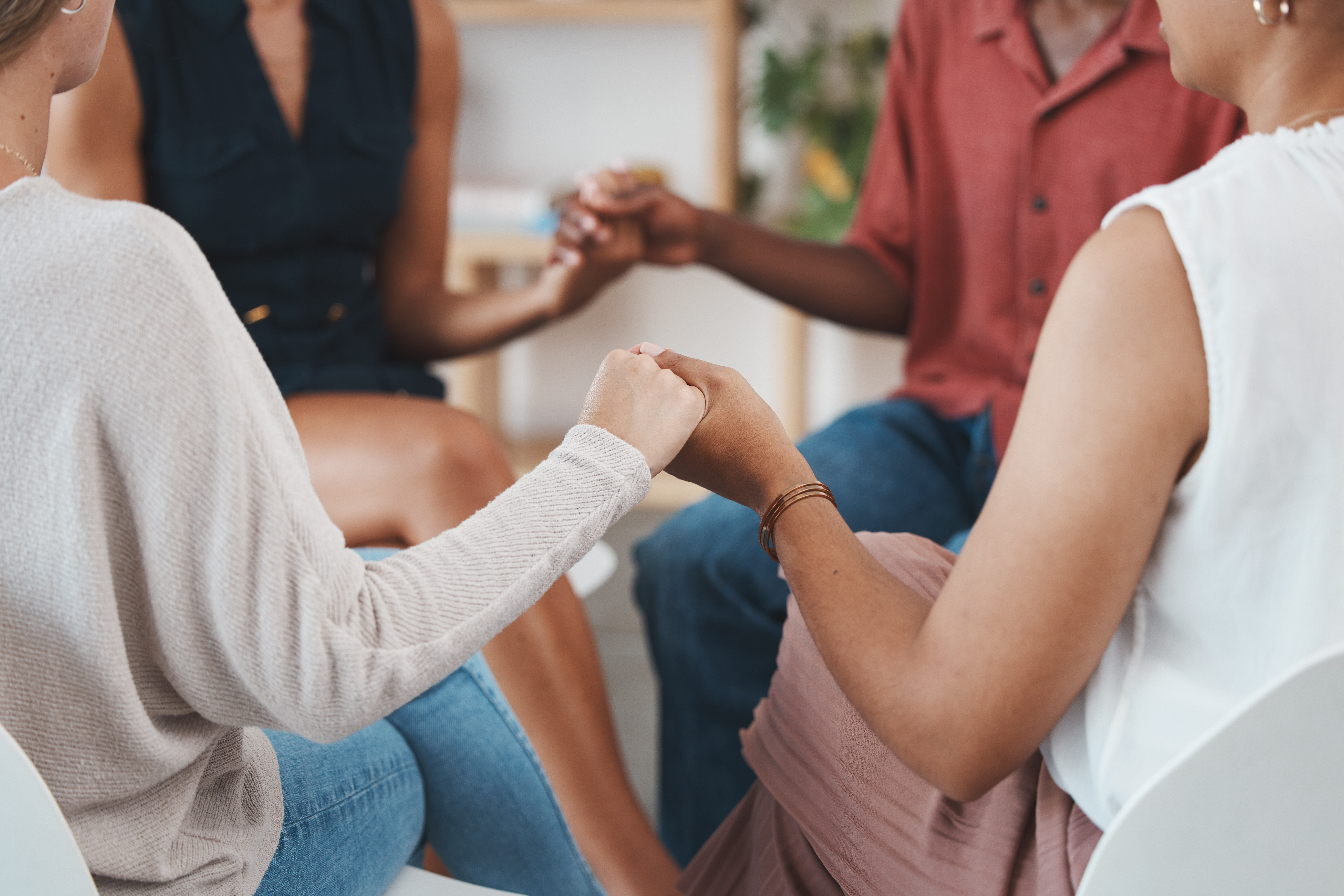Numerous misunderstandings surround the concept of therapy. Is it merely paying someone to listen and nod along as you discuss your problems, much like chatting with a close friend?
(CNA) – According to senior psychologist with Department of Psychological Medicine at National University Hospital (NUH), Nicole Wong, therapy helps to guide you to live your life according to your values, provide hope and reduce suffering.
Contrary to the perception of a passive experience where you recline on a couch recounting your day, therapy is an active and collaborative process.
It involves a partnership between the client, considered the expert in their own life, and the therapist, an expert in psychological theories and interventions, added Wong.
“It’s a safe space to share and explore your thoughts and feelings without judgement, and help you break difficult patterns in your life and make the meaningful changes that you want.”

A safe space to discuss anxiety, stress and depression may be what we need, at least according to the latest National Population Health Survey 2022 by the Ministry of Health: Poor mental health increased from 13.4 per cent in 2020 to 17 per cent in 2022.
Nearly one in every four Singapore residents (or about 25 per cent) between 18 and 29 years old suffer from poor mental health – an uptick from 2017’s 16.5 per cent and the largest age group to be affected.
The decline in mental well-being, as indicated by survey results, may be attributed to the impact of the pandemic.
Alternatively, it could be that people now possess a better understanding of mental health issues, leading them to more accurately identify indicators of poor mental health and willing to acknowledge their own struggles.”
A consultant and specialist in clinical psychology at Raffles Counselling Centre, Dr Cecilia Chu, , highlighted that even without the influence of COVID-19, the “competitive, fast-paced, and often stressful” nature of our society affects individuals of all ages.
More than just talking
Still uncertain if you need therapy? If you have doubts or questions, here’s a look at some common misconceptions about therapy that may be stopping you from seeking the help you need:
Misconception 1: I don’t need therapy; I just go to the gym or have a good cry
You’re not wrong in seeking refuge in the gym or having a cry if these methods help you to feel better.
“There are many ways of coping and therapy is one of them. But it’s actually a myth that it’s the way,” said Dr Chu.
In fact, counting reps in the gym or laps on the track can temporarily increase endorphin levels, which evoke happiness and euphoria, said the head of TOUCH Mental Wellness, TOUCH Community Services, Andrea Chan. Crying has the same effect, too.

Another plus from exercise is reduced stress levels, she said.
“Increasing your heart rate can reverse stress-induced brain damage by stimulating the production of neuro-hormones such as norepinephrine.
“These neuro-hormones not only improve your mood but also cognition, which could be clouded by stressful events. So, doing moderate exercise throughout the week and occasionally crying can improve depression and anxiety,” said Chan.
However, if your daily life is affected for a prolonged period, you may need more than exercise and a cathartic teary session, said a counsellor with Singapore Association for Mental Health, Justyne Ho.
“These methods cease to work when we continue to feel emotional and negative and our daily life is affected.”
“We would suggest that you see if professional help works for you. Seeking help does not mean that the professionals are going to take over your life; it is actually an opportunity to share and gain new insights,” said Ho.
Misconception 2: I can analyse and solve the problem myself
The solutions from talking about your problems with a mental health expert can be quite different from those in your mind. “When you speak with someone, it is a dialogue and it can open more perspectives for you. It can also be helpful for you to ‘hear’ what you have been saying to yourself,” said Ho.
Indeed, being able to talk to a professional can help you to dissect your problems and put in place healthy coping mechanisms to better process your negative emotions and thus, improve your mental health, said Chan.

“The trained professional is able to take on an objective lens as compared to a friend or family member, who may feel more invested in your personal life.
“By talking about the difficulties you face, coupled with the therapeutic questioning from a trained counsellor, you allow your brain and your whole being to digest what is happening and how to cope moving forward”.
Misconception 3: I don’t feel comfortable sharing intimate details of my life with a stranger
It is natural to feel this way. “Like any other relationship, it takes time to warm up and trust your therapist,” said senior psychologist at NUH’s Department of Psychological Medicine, Eugenia Yee.
“It is strongly encouraged that you be open and honest with your therapist,” said Yee, which could include bringing up concerns you may have about therapy.

“While your therapist can help you to better understand yourself as well as provide you with guidance and alternate perspectives to consider, a huge part of your progress is dependent on what you do with the insight you gain from therapy,” said Yee.
Misconception 4: My problems need to be serious enough to warrant therapy
Chan has this analogy: If you had a cold, wouldn’t you see your family doctor at the onset of a blocked nose or sore throat? You aren’t likely to wait for the symptoms to worsen before making your way to the clinic because by then, the recovery is going to take longer and the treatment may be more intensive.
The same goes for mental health issues, said Chan.
“Mental health issues can be managed and are treatable, especially when addressed early. So, we encourage anyone who is struggling with their mental health to seek help early. Do not wait till you have full-blown symptoms before seeking professional help.”
Misconception 5: I thought I only needed one session
“Therapy is not a one-off magic pill”, said Chan. “It would require multiple sessions before we see results. A good estimate for a low-risk case (that is, non-complex and help was sought early) would be four to six sessions.”
Ho also reminded that counselling need not be for good. “While we do have clients who are in therapy for the long term, they usually do not require intensive counselling and may attend sessions once a month.”

Nevertheless, “there are clients who come back for counselling after some time because of new stressors or the recurrence of previous issues,” said Ho.
Misconception 6: I just have to talk, right?
Exploring and talking about your deepest vulnerabilities is an intimate process that can be emotionally draining, said Yee.
“Before attending each therapy session, make time to ground yourself, gather your thoughts and think about what you would like to bring into the session,” said Yee. – Khoo Bee Khim






